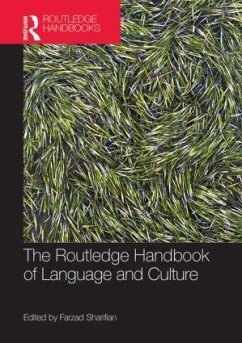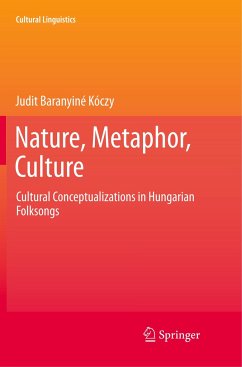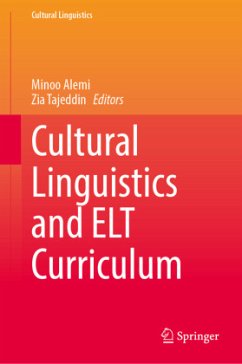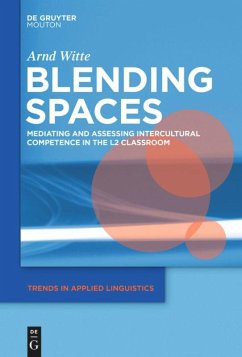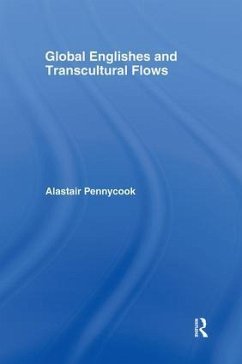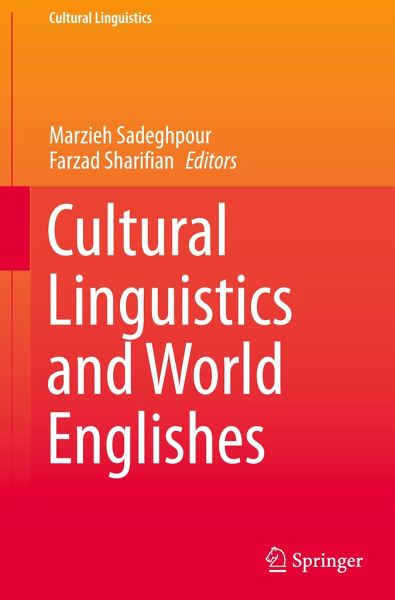
Cultural Linguistics and World Englishes

PAYBACK Punkte
49 °P sammeln!
This book investigates the study of World Englishes from the perspective of Cultural Linguistics, a theoretical and analytical framework for cultural cognition, cultural conceptualisations and language that employs and expands on the analytical tools and theoretical advancements in a number of disciplines, including cognitive psychology/science, anthropology, distributed cognition, and complexity science.The field of World Englishes has long focused on the sociolinguistic and applied linguistic study of varieties of English. Cultural Linguistics is now opening a new venue for research on World...
This book investigates the study of World Englishes from the perspective of Cultural Linguistics, a theoretical and analytical framework for cultural cognition, cultural conceptualisations and language that employs and expands on the analytical tools and theoretical advancements in a number of disciplines, including cognitive psychology/science, anthropology, distributed cognition, and complexity science.
The field of World Englishes has long focused on the sociolinguistic and applied linguistic study of varieties of English. Cultural Linguistics is now opening a new venue for research on World Englishes by exploring cultural conceptualisations underlying different varieties of English.
The book explores ways in which the analytical framework of Cultural Linguistics may be employed to study varieties of English around the globe.
The field of World Englishes has long focused on the sociolinguistic and applied linguistic study of varieties of English. Cultural Linguistics is now opening a new venue for research on World Englishes by exploring cultural conceptualisations underlying different varieties of English.
The book explores ways in which the analytical framework of Cultural Linguistics may be employed to study varieties of English around the globe.



